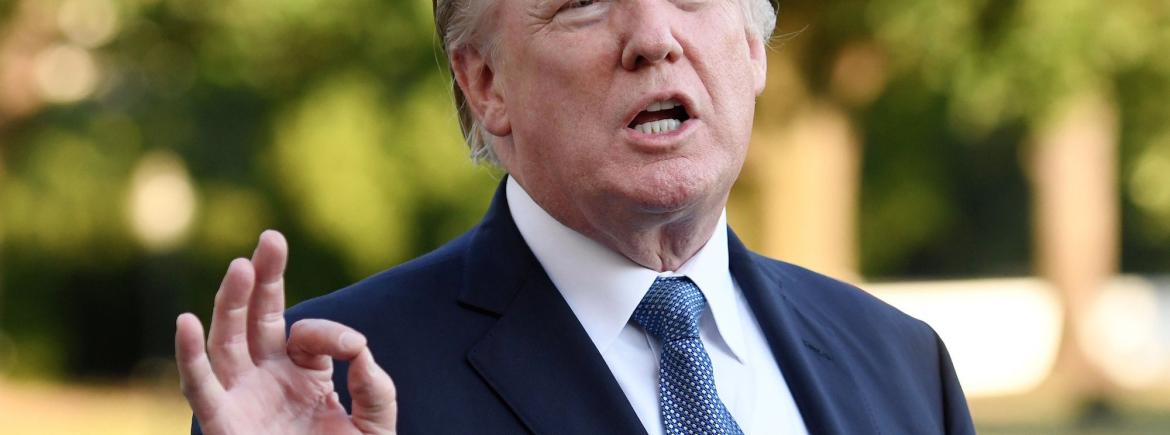• The Senate began debate on the tax bill at 10 a.m. Friday, with Republicans pushing for a final vote later in the day.
• Senator John Cornyn, the majority whip, says he is confident they have the votes needed to pass the bill along party lines.
• Early Friday morning, Senator Steve Daines, Republican of Montana, announced his support of the tax bill. A spokesman for another Republican holdout, Ron Johnson of Wisconsin, said Mr. Johnson also supports the plan.
• On Thursday, Republicans picked up the support of Senator John McCain of Arizona.
• But they faced a setback late in the day when they were left scrambling to find hundreds of billions of dollars in extra revenue to satisfy concerns about the bill’s deficit effects.
• Lawmakers are now mulling options that would result in a tax increase down the road, including a possible increase in the corporate tax rate and the revival of the alternative minimum tax on wealthy individuals and some companies.
Republicans close in on passing Senate bill.
The Senate has once again regained momentum to pass Republicans’ sweeping tax overhaul, after party leaders picked up the votes of two holdouts, Mr. Daines and Mr. Johnson.
Senator John Cornyn of Texas, the No. 2 Senate Republican, said on Friday morning that Republicans had the 50 votes they need to pass the tax bill. Mr. Cornyn said Senator Bob Corker of Tennessee was not yet on board, and he indicated that Senator Jeff Flake of Arizona was also a holdout.
He said of Mr. Corker, “We haven’t given up, but right now we don’t have him.”
“We’re still talking with Senator Flake, too, but we’re confident of the 50,” Mr. Cornyn said.
Still, at least one holdout, Senator Susan Collins of Maine, did not appear to be ready to commit to the bill just yet.
“I don’t know how Senator Cornyn can speak for me, I speak for myself,” she said on Friday morning.
Another wild card is Senator Marco Rubio of Florida, who has pushed hard, along with Senator Mike Lee of Utah, for an amendment that would allow more low-income families to claim an expanded child tax credit. To fund that change, Mr. Rubio and Mr. Lee would reduce the size of the cut in the corporate tax rate, landing it at 22 percent instead of 20 percent, a change opposed by President Trump.
Fifty votes would be enough for a victory if Vice President Mike Pence breaks the tie, even if Mr. Corker and Mr. Flake, two deficit hawks in the party, remain opposed to the bill.
Mr. Corker and Mr. Flake have pushed to scale back the tax cuts in the Senate bill by as much as one-third, in the wake of a report from the congressional Joint Committee on Taxation that projected the bill would add $1 trillion to deficits over the course of a decade, even after accounting for economic growth. Their insistence has angered many Republican colleagues who do not want to reduce the $1.4 trillion tax cut package.
On Thursday night, Republicans were discussing several possibilities for changing the bill to address their concerns, including gradually raising the corporate tax rate in later years in order to save as much as $500 billion.
If the bill proceeds with Mr. Corker and Mr. Flake opposed, it would have no margin for error in the event of a second Senate vote, following a conference with the House to work out the bills’ differences. That could prove precarious for Republicans: Their candidate in the Alabama election, Roy Moore, is dogged by sexual misconduct allegations and locked in a tight race with Democrat Doug Jones.
If Mr. Moore loses and the seat flips to the Democrats before the tax bill is sent to Mr. Trump’s desk, Republicans would either need to win over Mr. Corker or Mr. Flake, or to persuade House Republicans to accept the bill passed by the Senate without changes.
Mr. Trump sounded optimistic on Friday morning, in a tweet taunting Democrats over the bill’s prospects.

